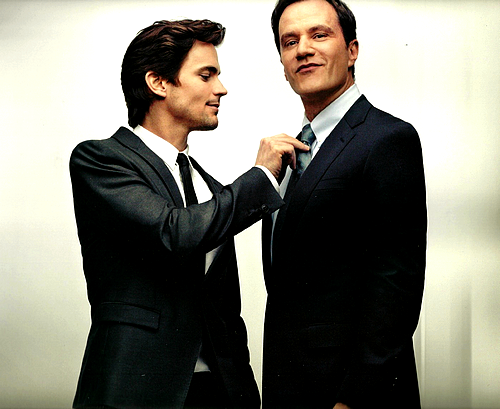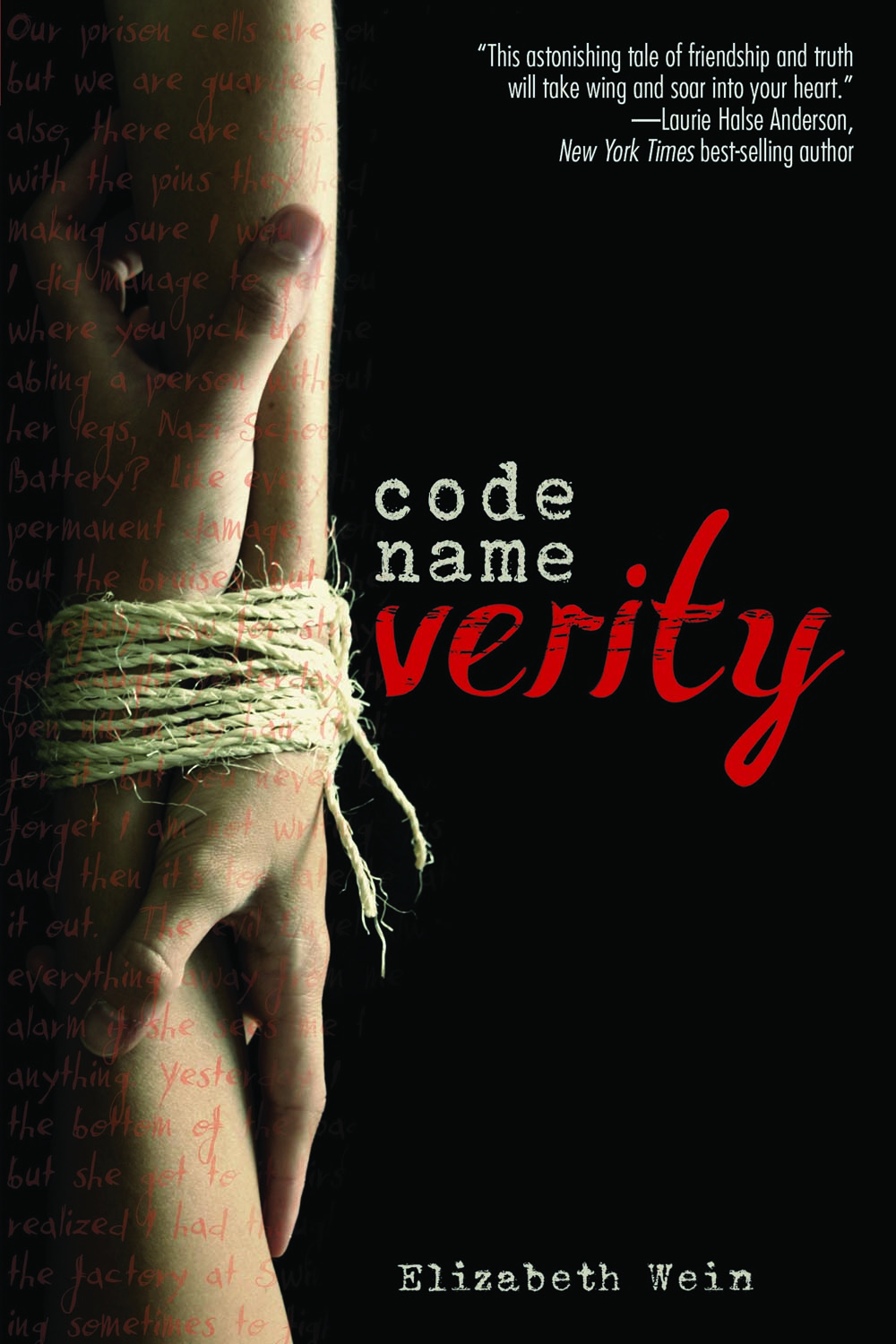"Write little Scheherezade," he says. It is a command. "Tell of your last minutes in the air. Finish your tale."
"Kiss me Hardy, Kiss me Quick!" You hear that, initially, and you think of Nelson turning to Capt. Hardy on his deathbed at Trafalgar
But, to those who have read
Code Name Verity ( and face it, you all will at some point, because it is the well-deserved and evocative
book du jour), it will turn you into a blubbering idiot.
A friend just wrote me and called this book "The Usual Suspects" for teens. While she is right ( there are enough twists and turns and surprises, you will want to start at the beginning again and piece it together to see where you went wrong and HOW certain things fell into place and WHO people really are and what side is what, etc., ), I don't think we should marginalize this in YA zone. Because, I think a lot of people who would shy away from a book with a Young Adult categorization (fortunately, there are fewer and fewer of these people due to recent genre-blurring) , will not find ANYTHING remotely typical of a YA book found herein. Certainly the ages of the heroines, Maddie and "Verity" bespeak young adult; but the dark subject matter of the book; the espionage, the daring operatives, the torture, the murder and the war-time devastation, will grip those of any age.
At the middle of a dark and sinister world lie Maddie and "Verity" who never, as "Verity" explains, had they met in peacetime, become best friends. Finding your best friend is like falling in love, "Verity" tells us and it's true. You know that moment of immediate kinship? You know when you trip over all of the commonalities you have with a new acquaintance? The bond between these two women is immediate and unbreakable and that in itself is another reason to read this exceptional novel. We read and view several examples of strong male friendship; but when was the last time you read a book casting odes to the tight connection between two women? You will find it here: two halves of a whole; an exceptional team who set into motion ( intentionally and unintentionally) a series of twisting events that will have you guessing, weeping, confused, discovering and disbelieving every single moment of truth or untruth in the reliably unreliable narration.
It all boils down to a crucial moment which will change the book and the women with unequivocal force and, perhaps, will change the reader too.
This is the power of words, of tale, of strung oration. This is what readers read for. This is the type of novel you slip into: you smell the darkened, dank hotel basement-turned-Nazi interrogation centre, you hear the scrape of "Verity's" pencil on scraps of paper ( recipe cards, sheet music, prescription pads, anything the Gestapo can find ) as she desperately ( not unlike the Marquis de Sade infamously writing in blood on his prison cell ) coaxes a prolonged measure of her life through word. For "Verity" has two weeks to tell everything about a botched flight operation over France. Two weeks to spill incessant codes and leak all truth to the Nazis. She is truth foretold ( it is in her name). After the two weeks
( strung onto a long and devastating tenure of torture), she will either (fortunately) be shot or sent either to a concentration camp or worse--- to become a lab rat for the Germans until her heart stops.
If, by some miracle, she were to escape, she would be shot on scene as a collaborator: for spilling her tale, for being weak while the squealing and agonized cries of those stronger than she prevail in neighbouring cells.
What gripped me about this book: The first half belonging to "Verity" the second to her best friend, spicy and mechanically-minded pilot Maddie, is how stark a contrast the reminiscences of "real", "normal" life singed and surged through the depravity of their captive recounting and the horrors therein. While "Verity" writes of sharing a sticky bun and a "Brolley", of charming the men in a neighbouring pub, of "Peter Pan" and Dickens she is bound to a chair, her wrists and neck bearing burn scars, without light at the end of her tunnel. Both women recall light and warmth and laughter and conversations bottled up like a message tossed to sea that no one will read and yet both are in the midst of bleak depravity. It makes for one of the lesser jolts of shock and disillusionment.
To many of us, we think of the Second World War and immediately conjure images of the murky trenches and fire-cracker warfare in our mind's eye. Rightfully so; for the battlefield we recall is one of the most stagnant images of the chilling loss of life and freedom in wartime years. What
Code Name Verity reminds us is that the universality of the battle stemmed far from the field: it infiltrated the farmhouses of those in the French resistance, it included those sent "underground" in sleek operatives, it effected everyone: those who outwardly fought or those who were on the sidelines--- the Land Girls, those in munitions factories, the pilots, the wireless operatives whose minds were riddled with Code.
Several reviews I have read speak to the cunning narration of the novel and the bafflingly wonderful surprises held within the unique plot structure. I do not want to take away from that experience; nor deflect from its potency. However, there are several layers to this book's exceptional readability and one layer is the sheer beauty of the prose. Wein is a poet: " The soaring mountains rose around her, the poets' waters glittered beneath her in the valleys of memory---hosts of golden daffodils, Swallows and Amazons, Peter Rabbit" ----See, "Verity" issues the Nazis her tale in the guise of a novel; using the plot devices even her chief interrogator immediately determines as English.
"People are complicated," "Verity" writes, " There is so much more to everybody than you realize. You see someone in school every day, or at work , in the canteen and you share a cigarette or a coffee with them and you talk about the weather or last night's air raid. But you don't talk so much about what was the nastiest thing you ever said to your mother, or how you pretended to be David Balfour, the hero of
Kidnapped, for the whole of the year when you were thirteen, or what you imagine yourself doing with the pilot who looks like Leslie Howard if you were alone in his bunk after a dance."
People are complicated, yes. The characters in this novel certainly so. As for things not being what they seem: you will turn the last page, heave a deep breath and start at the beginning. You've been tricked and tried and wrung out with an emotional intensity few and far between in modern fiction and you must reclaim what pieces of your heart you left within---hopefully, as you string through again, your coherence will catch up.
It's a good puzzle, this. And one of the best examples of historical fiction we have. If ever there was a curse to literature told in first person narration, Wein has shattered it ....and then some.


.jpg)












